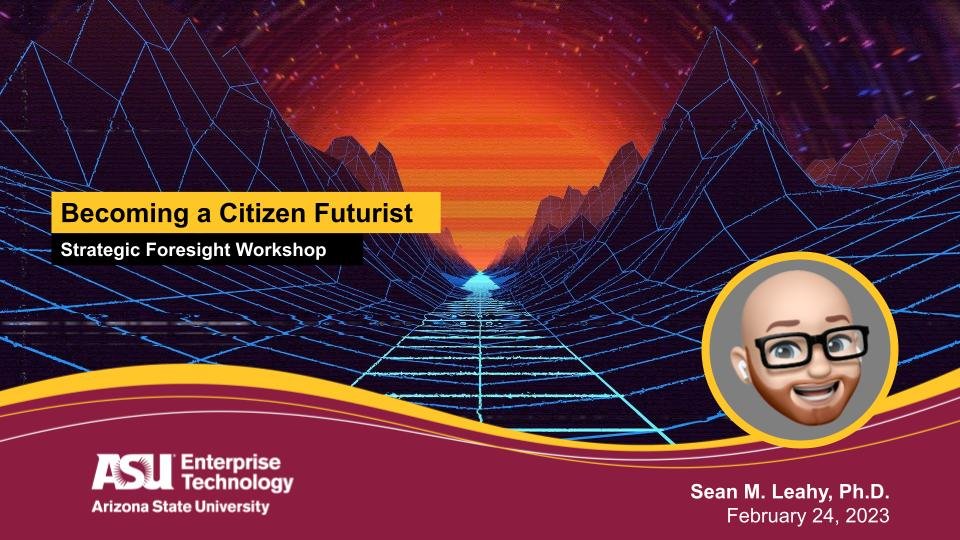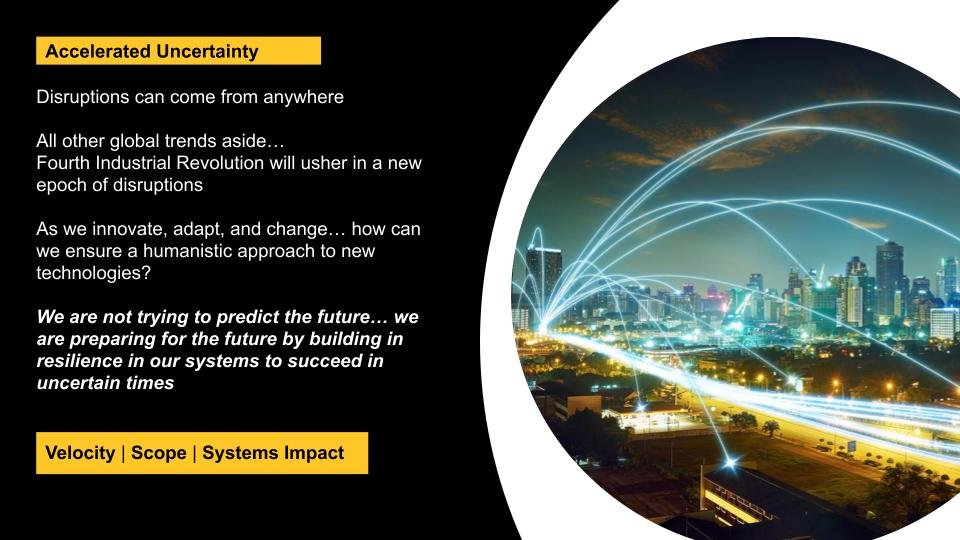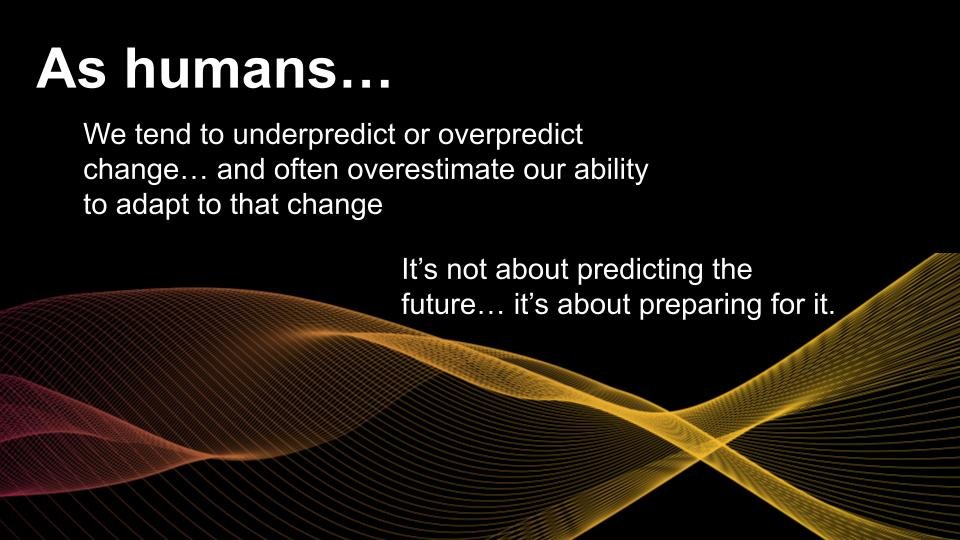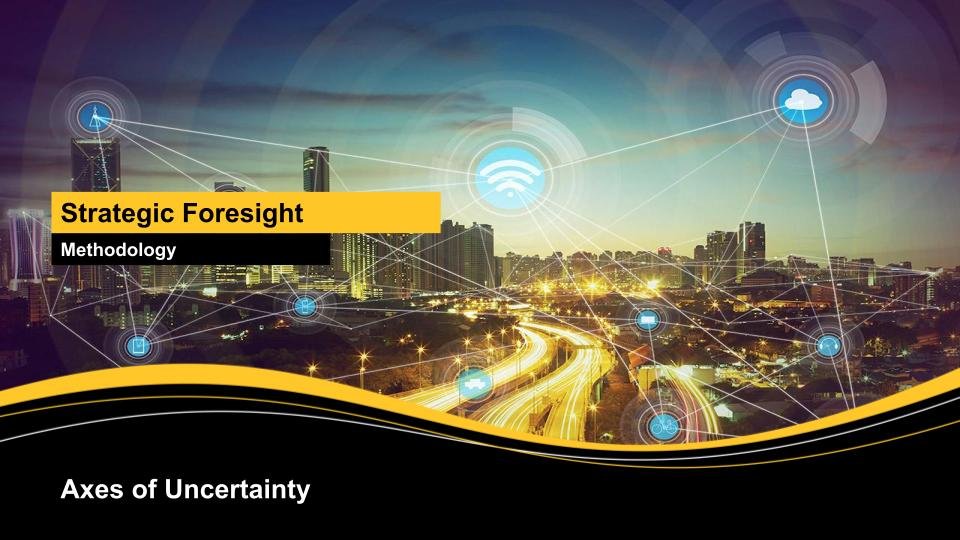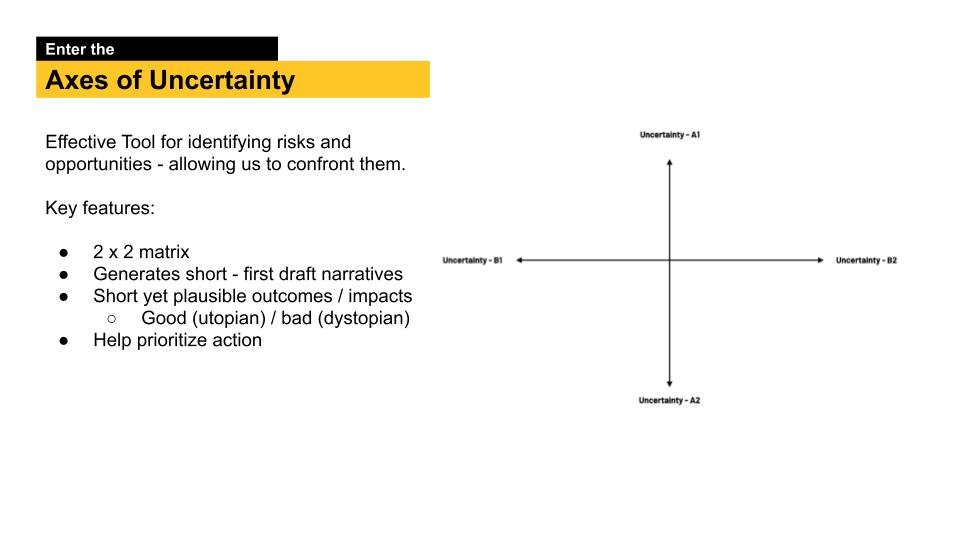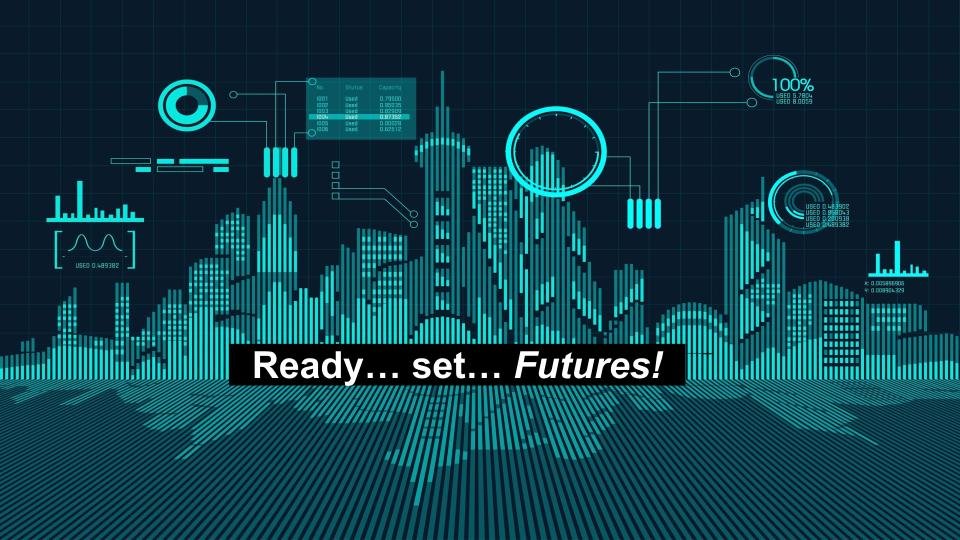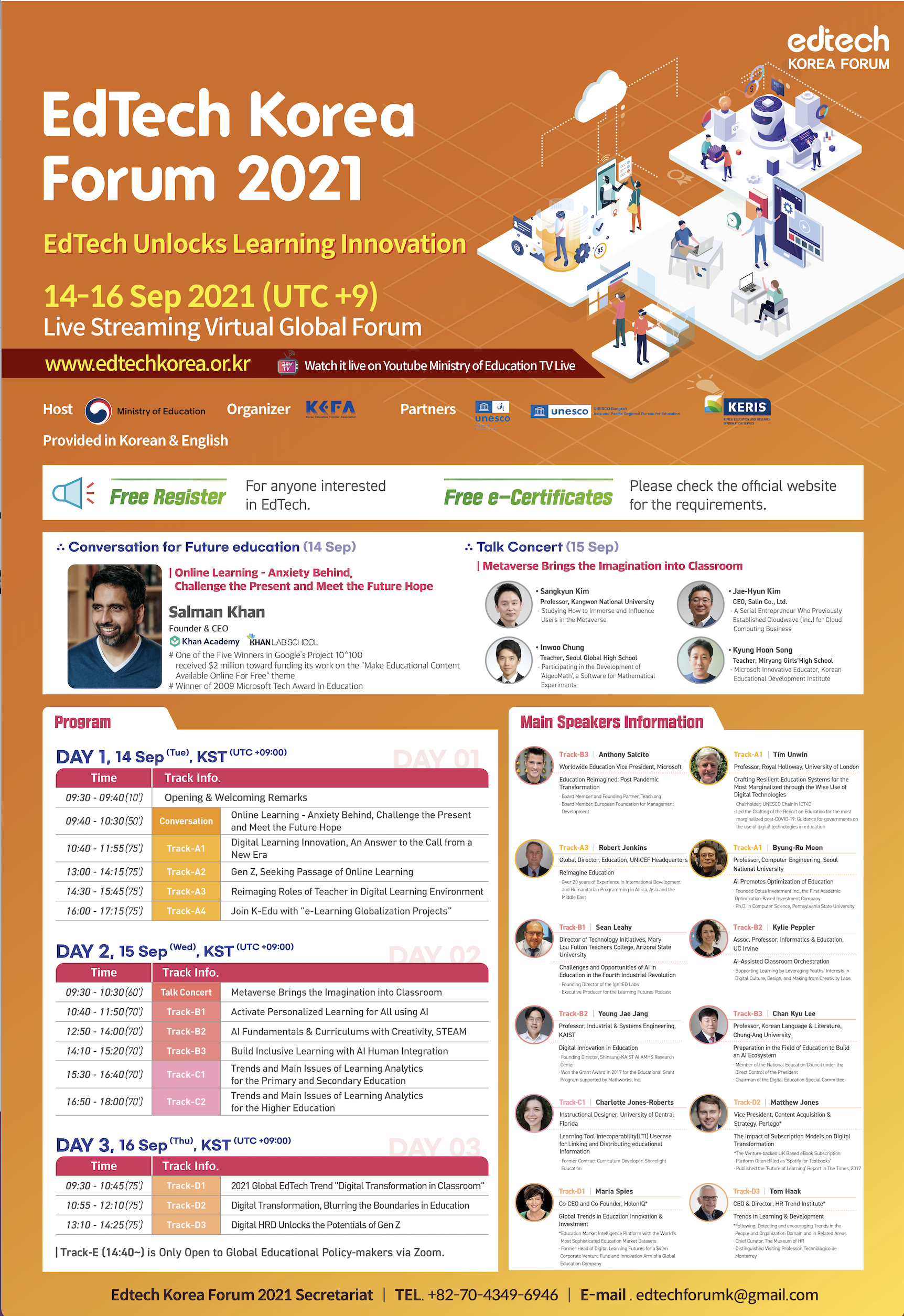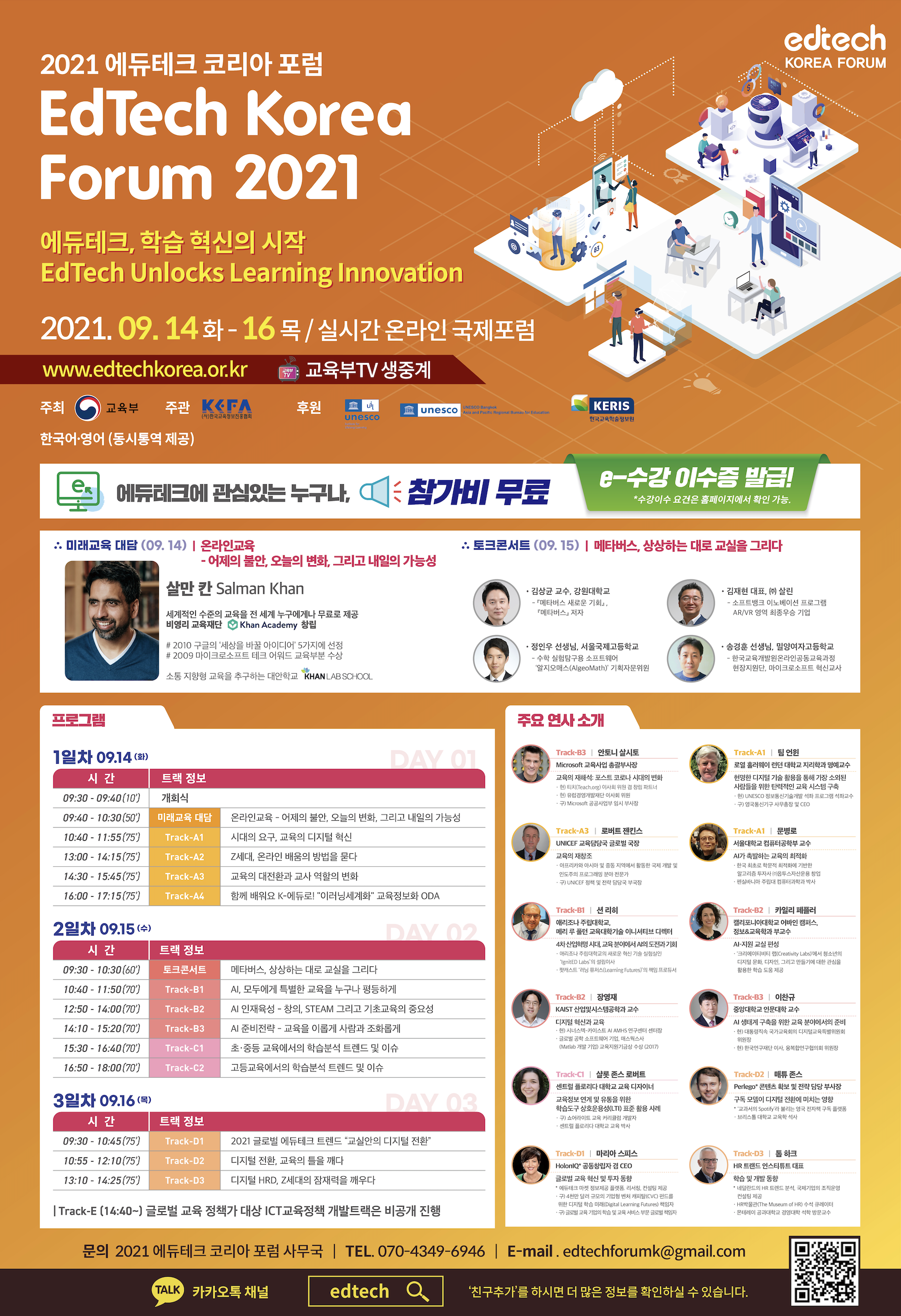In February I was invited to present a handful of lectures and workshops to the ShapingEDU community at the ShapingEDU Global Community Solutioneering Summit 2023. The event was split over several days, starting with a virtual component where I presented a short lecture on Becoming A Citizen Futurist.
“
What could we accomplish together that we couldn’t accomplish alone?
For this event, we chose the theme of Education As Jazz. The Smithsonian Institute eloquently summarized the importance of jazz: “Often acclaimed as America’s greatest art form, jazz has become accepted as a living expression of the nation’s history and culture, still youthful, difficult to define and impossible to contain, a music of beauty, sensitivity, and brilliance that has produced (and been produced by) an extraordinary progression of talented artists.””
February 16 - Virtual Component
Lecture on Becoming A Citizen Futurist: Preparing for Uncertainty (a few select slides shared below)
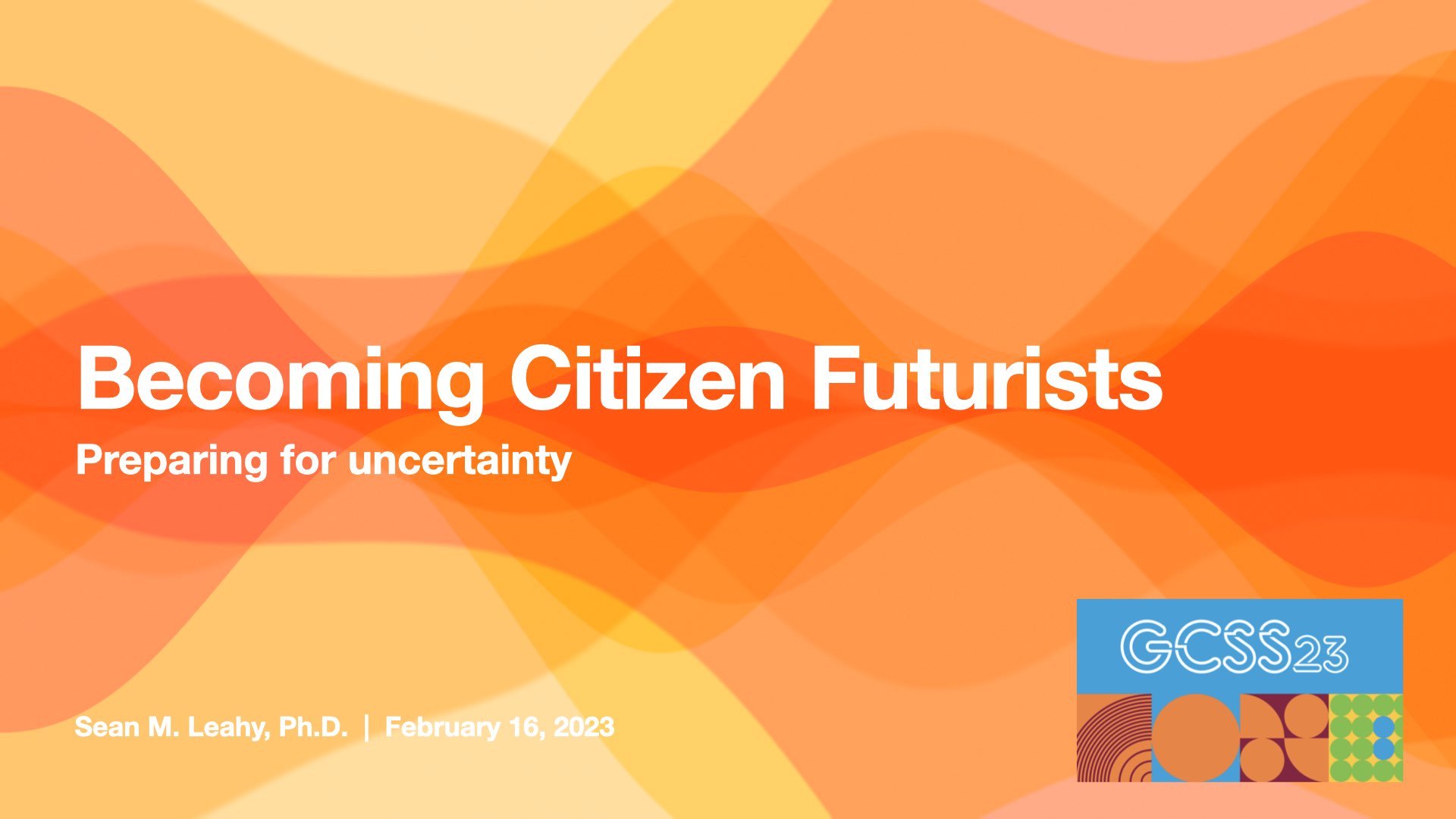
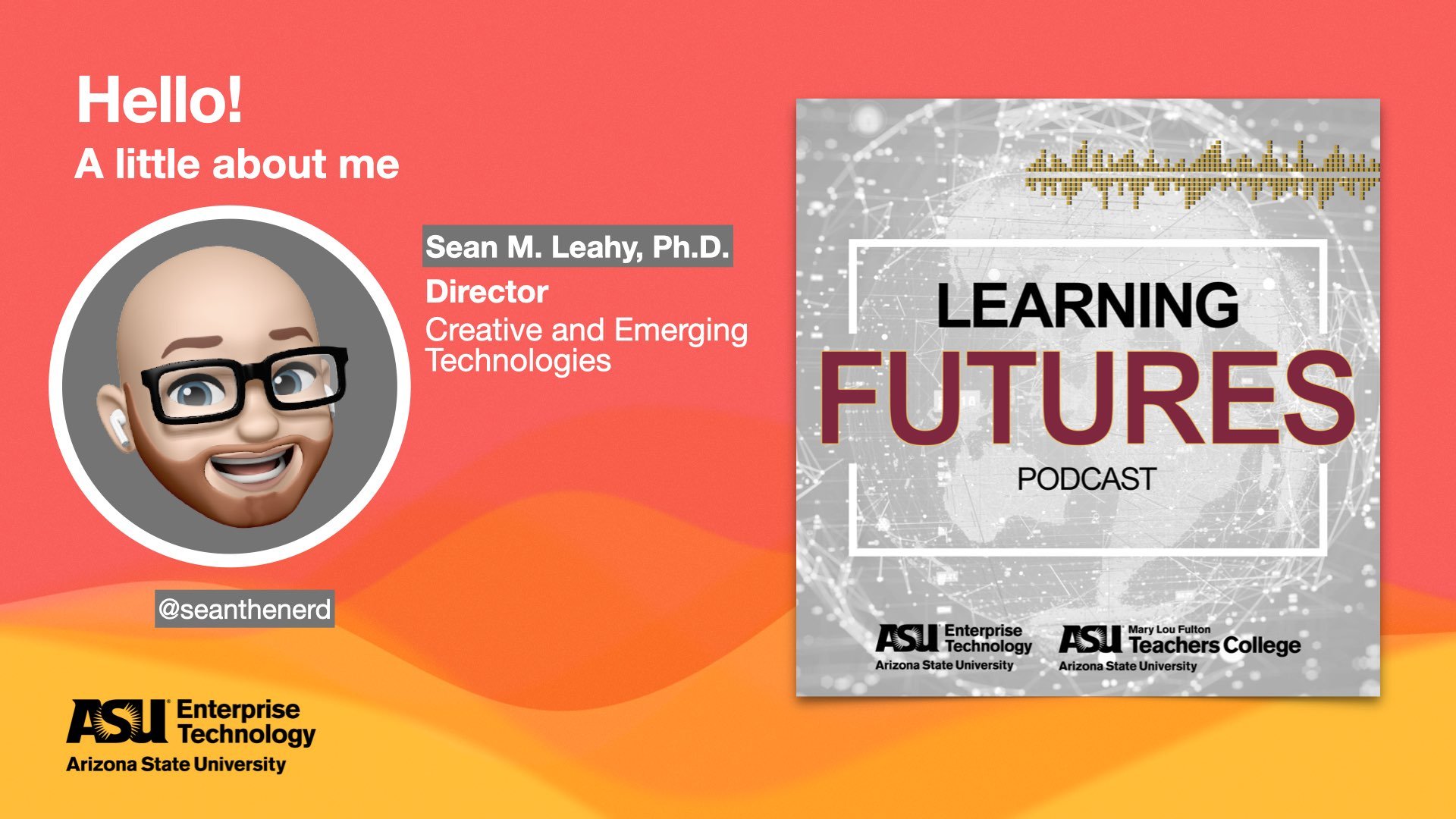
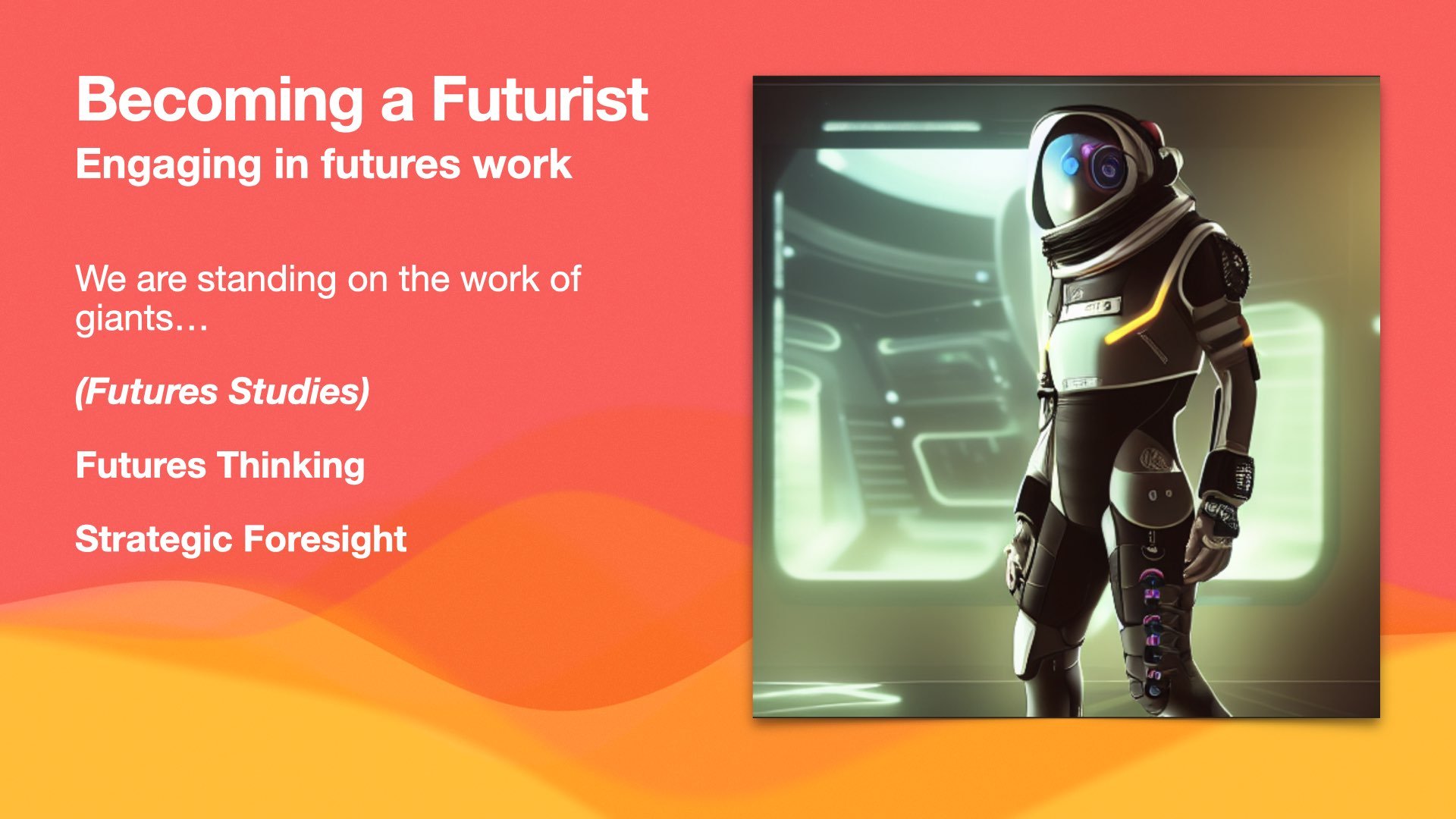
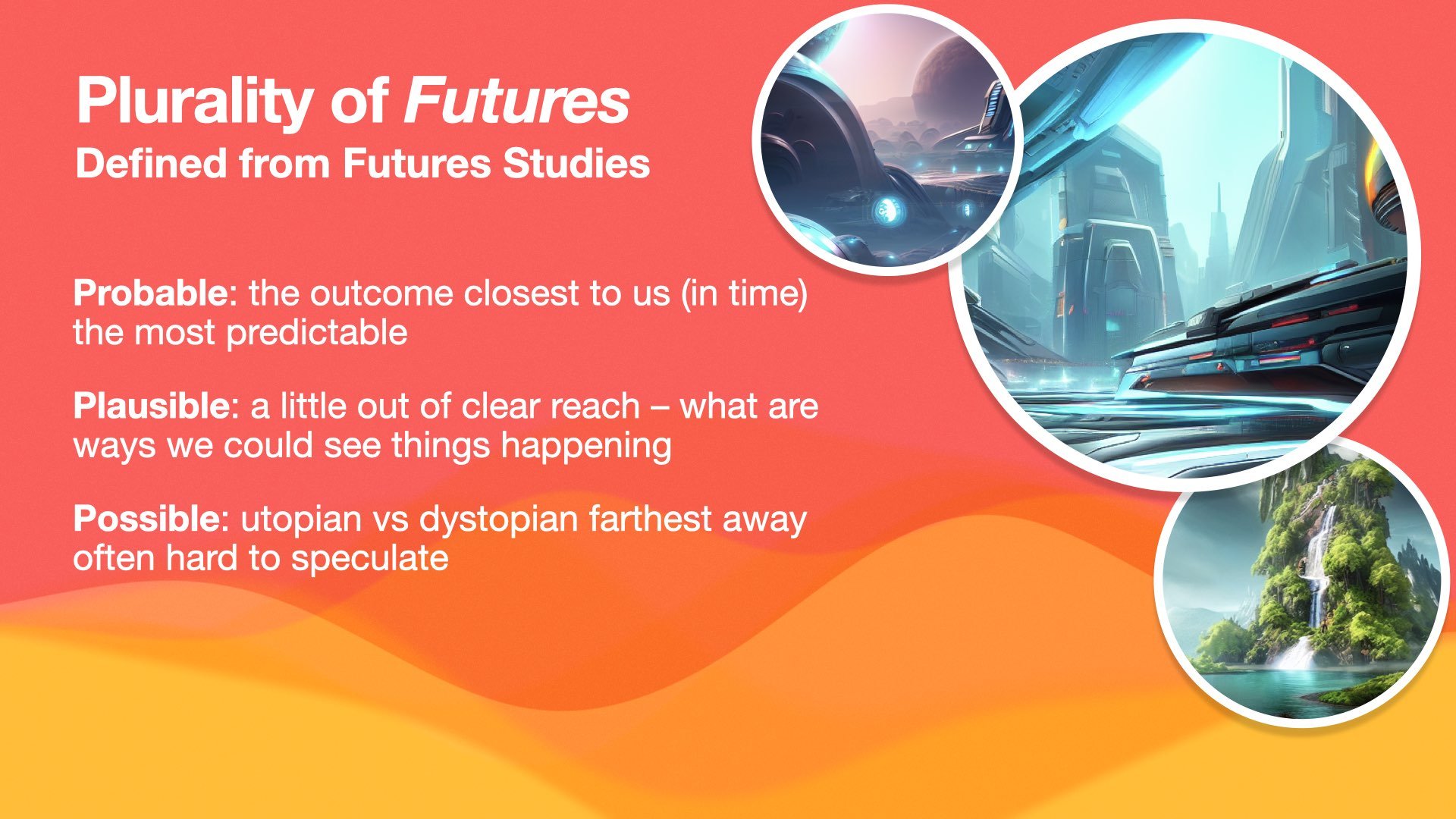
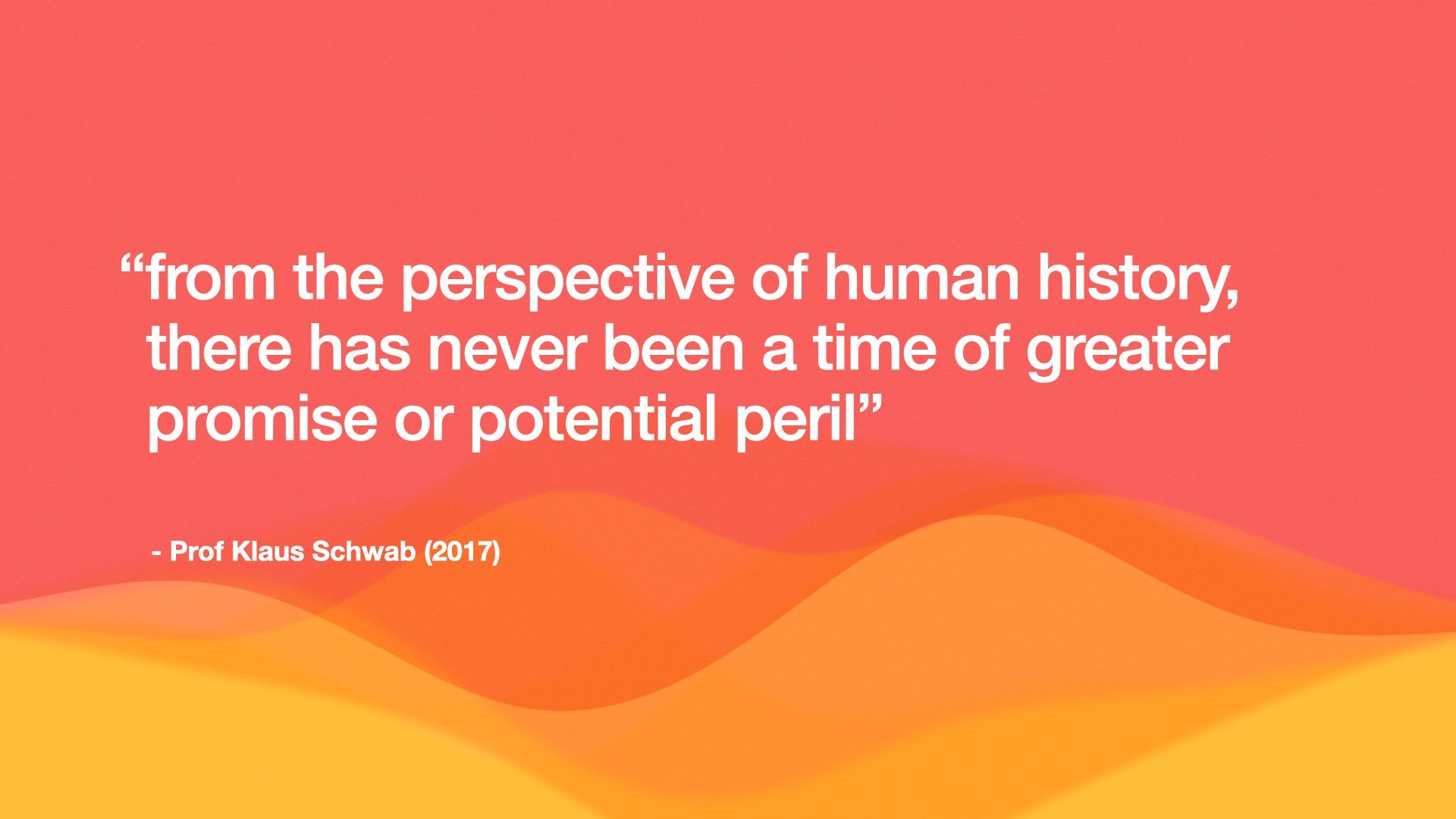
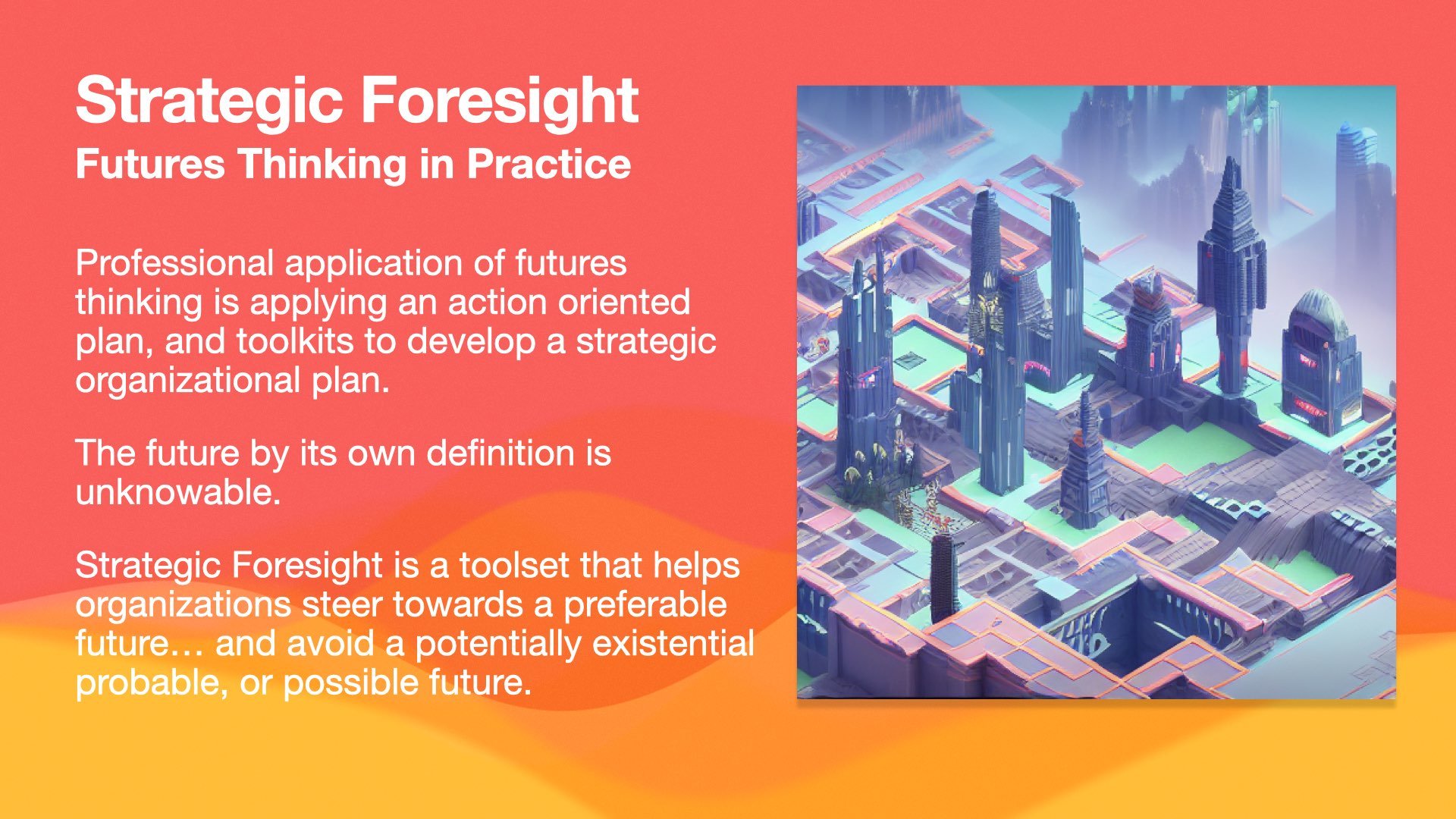
February 23 - In Person Conference Event
Lecture on Educating for Sustainable Futures: Scanning the Futures Horizon (select images from presentation)
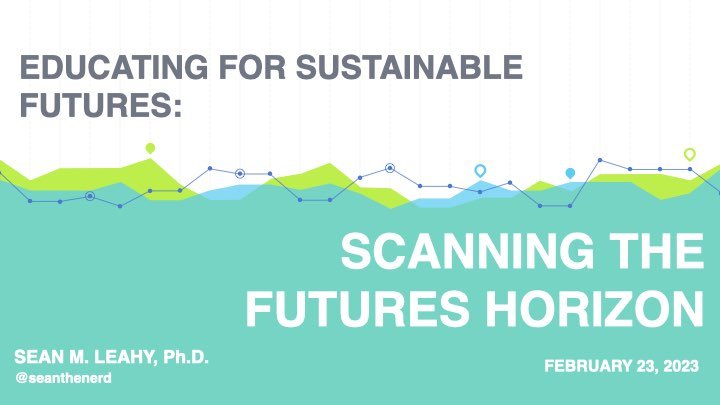
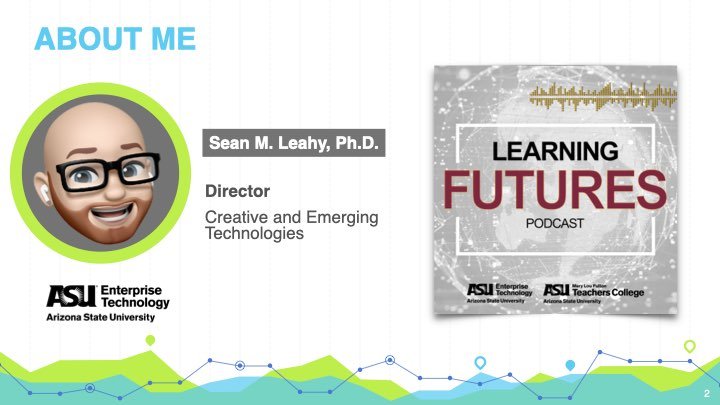
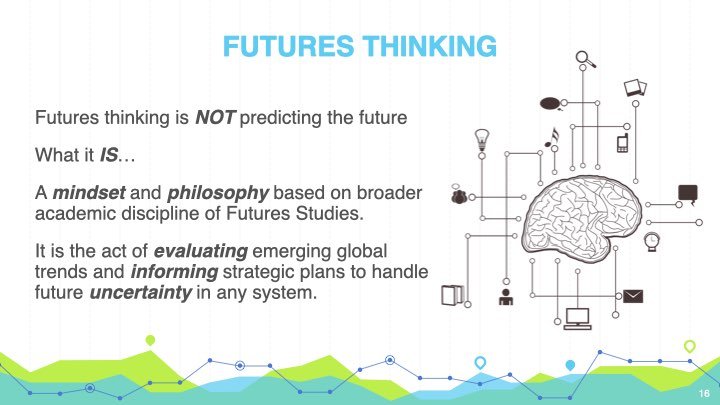
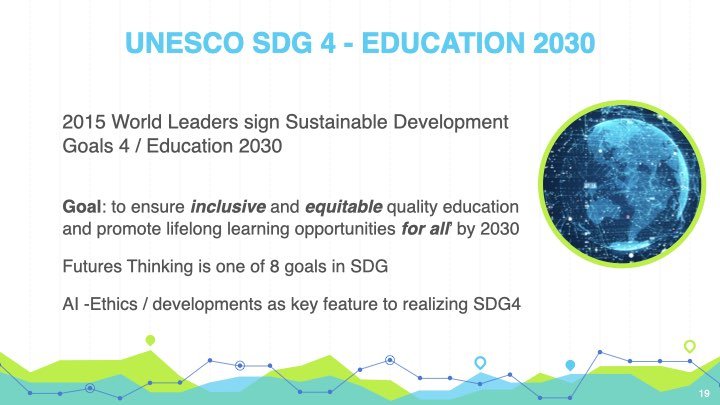
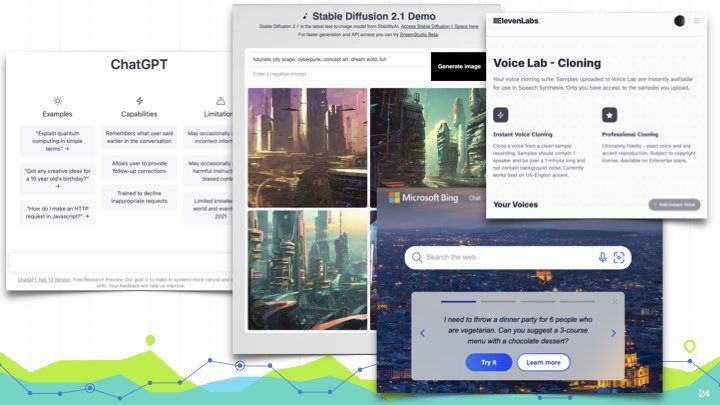
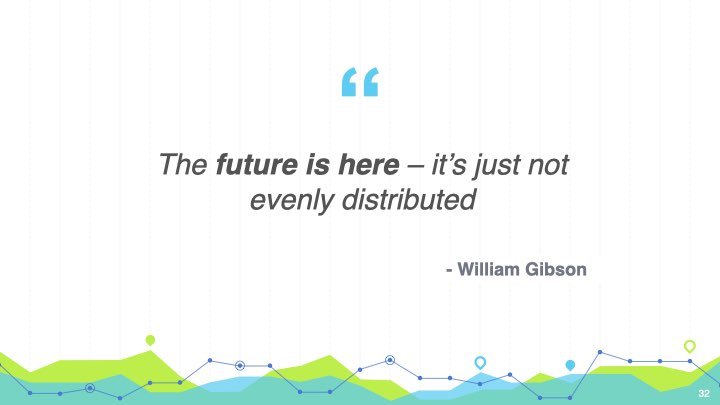
February 24 - In Person Workshop
Workshop on Strategic Foresight (Becoming a Citizen Futurist). This workshop focused on using the Axes of Uncertainty as an introductory foresight tool. This session was also followed up by an extended Q&A session of “Ask a futurist” where I fielded a wide range of questions from the conference participants. (A few select slides shared below)
